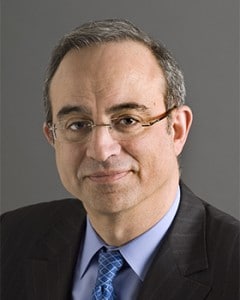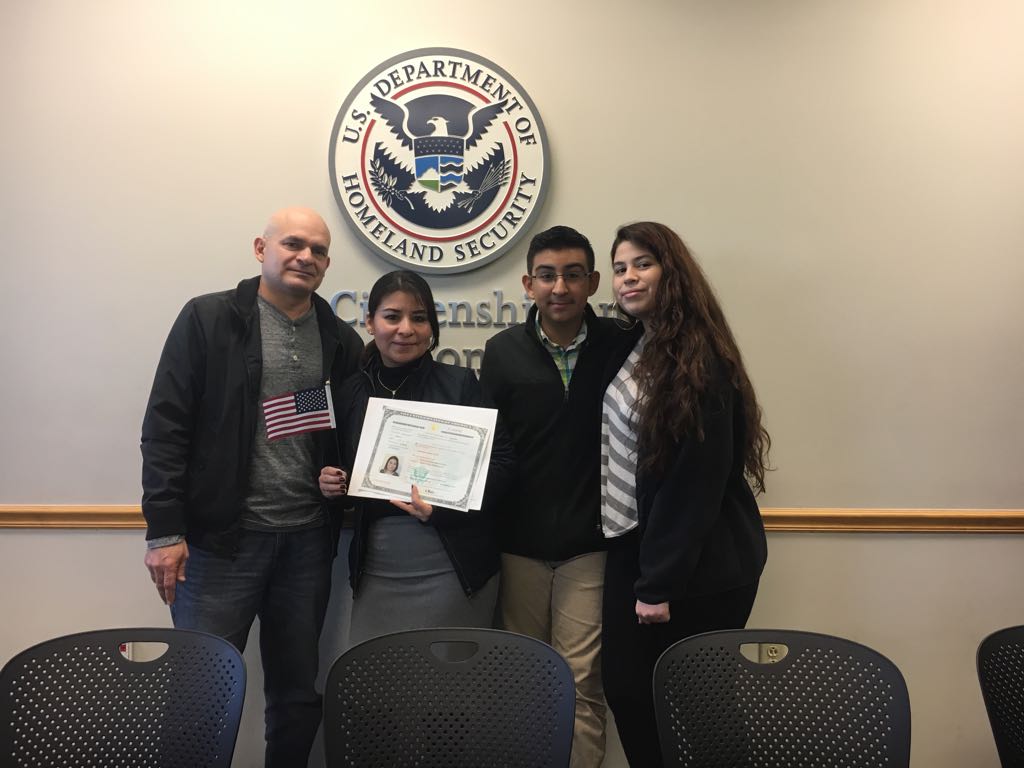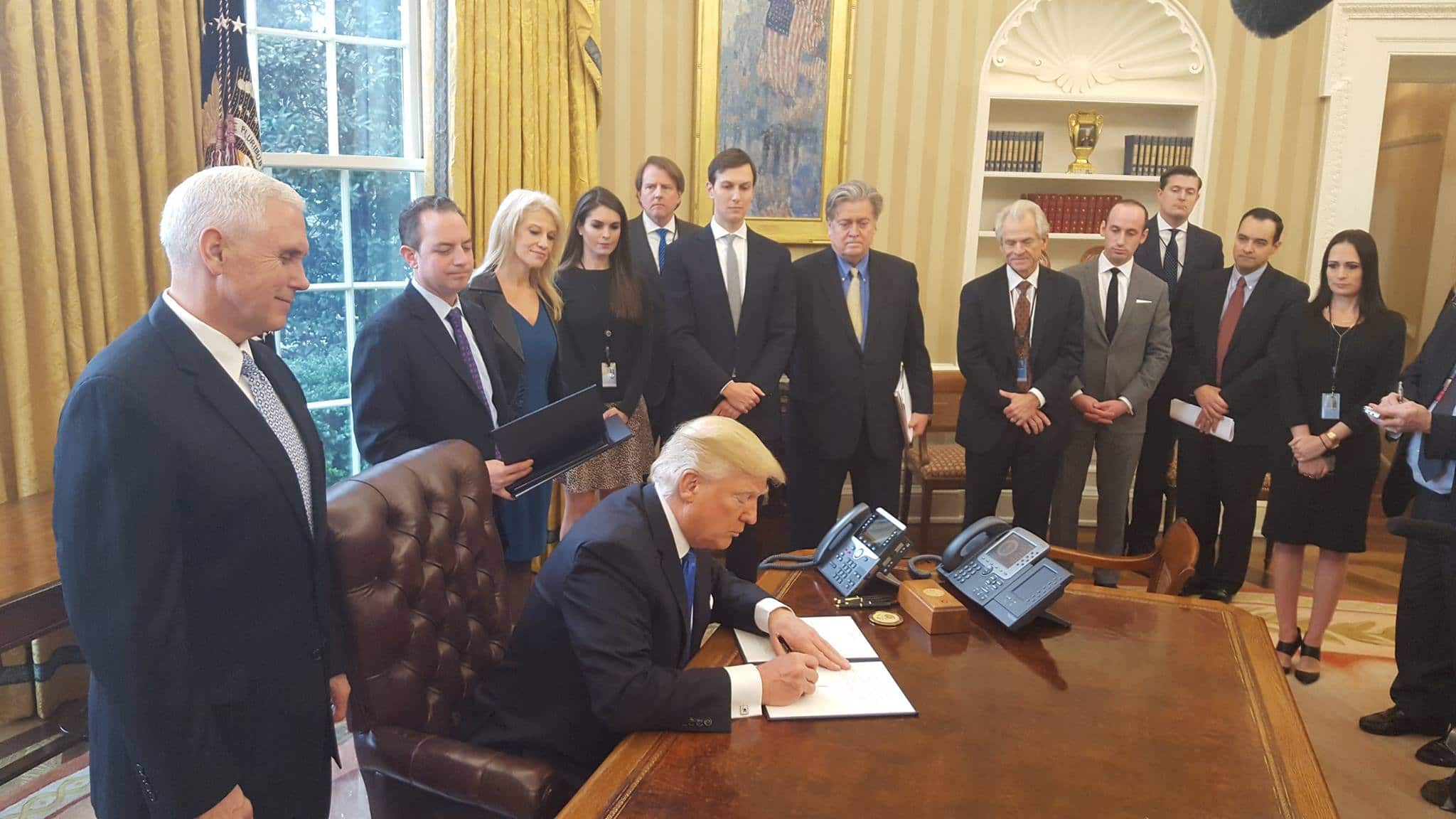By Shannon Hearn-
This past Thursday, September 20th, the Pell Center for International Relations and Public Policy featured His Excellency Ambassador Marwan Muasher in the O’Hare academic building for his lecture on the Middle East Realignment: The Arab Upheaval.
H. E. Marwan Muasher has served as Overseer of the Endowment’s research in Washington and Beirut on the Middle East, served as foreign minister (2002-04) and deputy prime minister (2004-05) of Jordan, one of the key architects for peace in the region of the Middle East.
Both his example and pursuits, as well as those of his region portray exemplary efforts to terminate the violence that permeates the populations of the Middle East. Muasher has served the Middle East in many ways: from diplomacy and development, to civil society and communications, Muasher has shown dedication to his and his fellow associates’ mission for a
minimization of conflict in the Middle East.
The focus of Ambassador Muasher’s presentation was decidedly centered around the culture emerging from the bipolar monopoly that has lead the Arab world. This new culture, or third force, as he titled it, is not a secular sphere or a religious sphere like the two forces that have battled each other over the years, but rather it is a party that believes in democracy at all times. A party where it is not a constant battle between those of secular groups and religious groups. A party where one force does not live over the other, and where violence is not the answer, as it all has been for so many years.
Muasher openly admits that this third force will not be implemented into the Arab world easily or quickly, but rather over the long span of many years, with rises and falls, failures and success. He does not expect the secular and Islamic forces to simply give up their power struggle, and in his experience it has taken great effort simply to start this transformation. “Today, we are witnessing the start of this third force. A phenomena that is going to take decades before it transforms itself into a credible force that can build networks and have financial capacity and have clear programs and offer people an alternative to what they are being offered.” Says Muasher.
In addition to this, the Ambassador doesn’t believe it reasonable to expect that the Arab spring will end up entirely good or bad in all the countries, because there is no way to know who will and will not adopt the inclusive approach of power sharing between the secular groups and the Isalmic groups.
In terms of the positive development in this process, those promoting the third force are working on the ground, building the system up from the base, by engaging in constituent politics. In the past, secular forces held elitist attitudes, depending on despotic leaders who made promises to maintain a certain secular lifestyle on one hand, but on the other hand brutally treating the whole population. But now measures are being taken to build constituency groups, bridging the gap between the leaders and the people. Additionally, both secular and religious forces are losing their painted face as being representatives of God. This leaves room for criticism between both each other, and their constituency groups, without fear of retribution. Lastly, the argument of bread before freedom has failed with the populations. Now, most Arab cultures will not accept an economic reform process if it is not coupled with a political reform.
Regarding the peace process that inevitably comes up in any conversation about the Middle East, this Arab upheaval is certainly affecting the peace process. In Libya this past year, for example, the uprising of the citizens against the cruelty of its leaders caused a large scale revolution. Yet the youth of Egypt, despite their revolt, were not fighting against their ancestors, but on behalf of them.
Frustrated with the power struggle of a bipolar monopoly, Libya’s youth now demand what is necessary for the survival of their culture, and that is a third force. The Middle East, Muasher claims, is now at a point where the solution can no longer compromise with negotiations, and a two state solution must be implemented. The hope of Muasher is that as Libya, Jordan, and the rest of the Arab culture attempting to implement this third power find success in a democracy within their societies, the rest of the Middle East will follow suit.
And so, the big question arises: How can the US help gear this process of a two state solution?
The answer – there is little we can do at this stage.
The outcome of this process rests largely in the participants of the Arab world itself. The unfortunate fact stands that the United States’ image has largely declined in the past two decades due to an inconsistency between the intentions of the White House, the intentions of the State Department, and what the White House inevitably ends up dictating. Thus, the United States can only stand ready to help.
To close, in the words of the Ambassador himself, “[This upheaval] will end up in successes and failures and many situations in between”.















